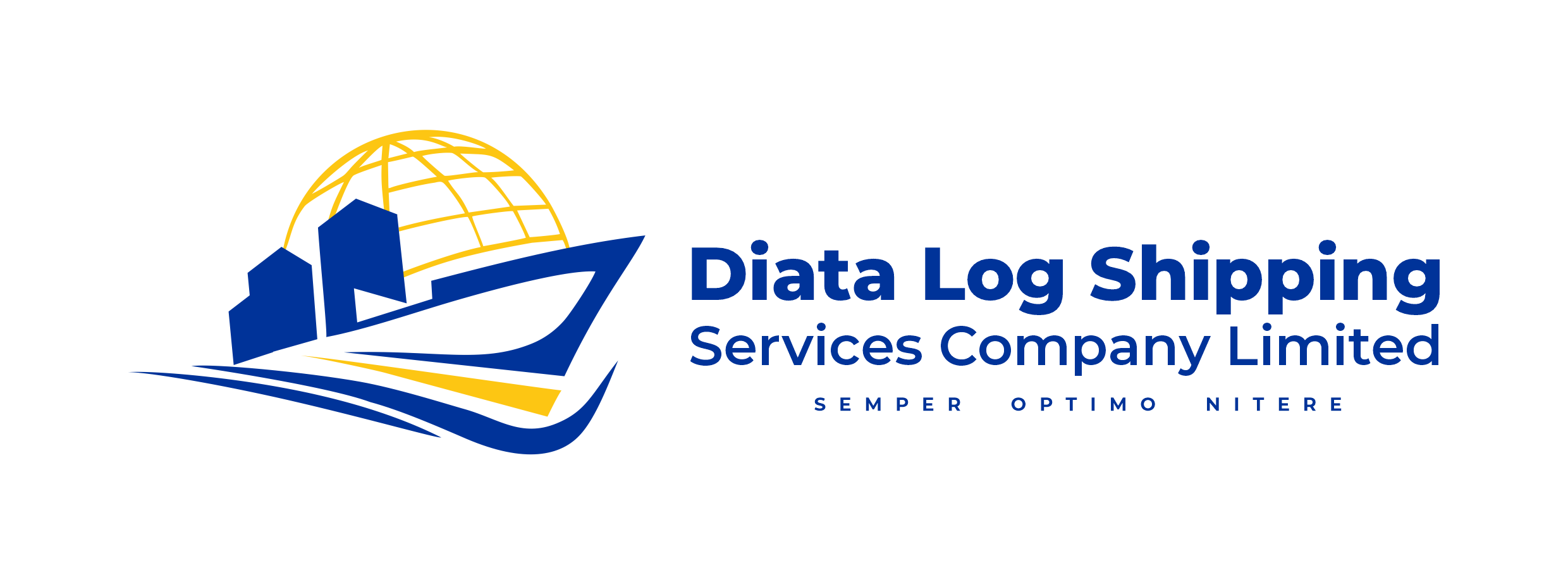
On Friday, two seafarers lost their lives in a confined-space accident aboard a freighter at the port of Bandirma, Turkey.
The Russian freighter Navis 2 arrived in Bandirma on August 21 with a cargo of five thousand tonnes of animal feed, and on Friday, she moved to a pier in the inner harbor to offload. That day, the local coast guard command center received notice that two men had been poisoned by gas that had accumulated in one of the ship’s cargo holds. A specialized chemical-biological-radiological-nuclear (CBRN) response team was dispatched to the scene to retrieve the two workers’ bodies.
The victims were identified as Dmitrii Mochalov (52) and Konstantine Martynov (46), both Russian nationals. Their remains were taken to the regional morgue for an autopsy, and the public prosecutor’s office has begun an investigation into the circumstances of their deaths.
Confined space accidents are a persistent hazard of seafaring, and they frequently result in multiple fatalities in a single event. The hazards of poison gas or dangerously low oxygen can be undetectable, and this is what makes confined space accidents so tragic: all too often, a second or third crewmember will see an unconscious shipmate in a hold, enter it to help them, and suffer the same fate. According to InterManager, confined space accidents have claimed more than 300 lives since 1996, including 31 victims in 2023.
Navis-2 is a coastal freighter built in 2019 and flagged in Russia. AIS data provided by Pole Star shows that she called often at ports in the Black Sea and Sea of Azov. As is typical for trade in the northeastern Black Sea, her AIS signal was frequently disrupted or turned off during these voyages, and it is unknown whether she visited Russian-occupied ports in Ukraine. As of Sunday, she remained in port at Bandirma.
source: maritime executive
